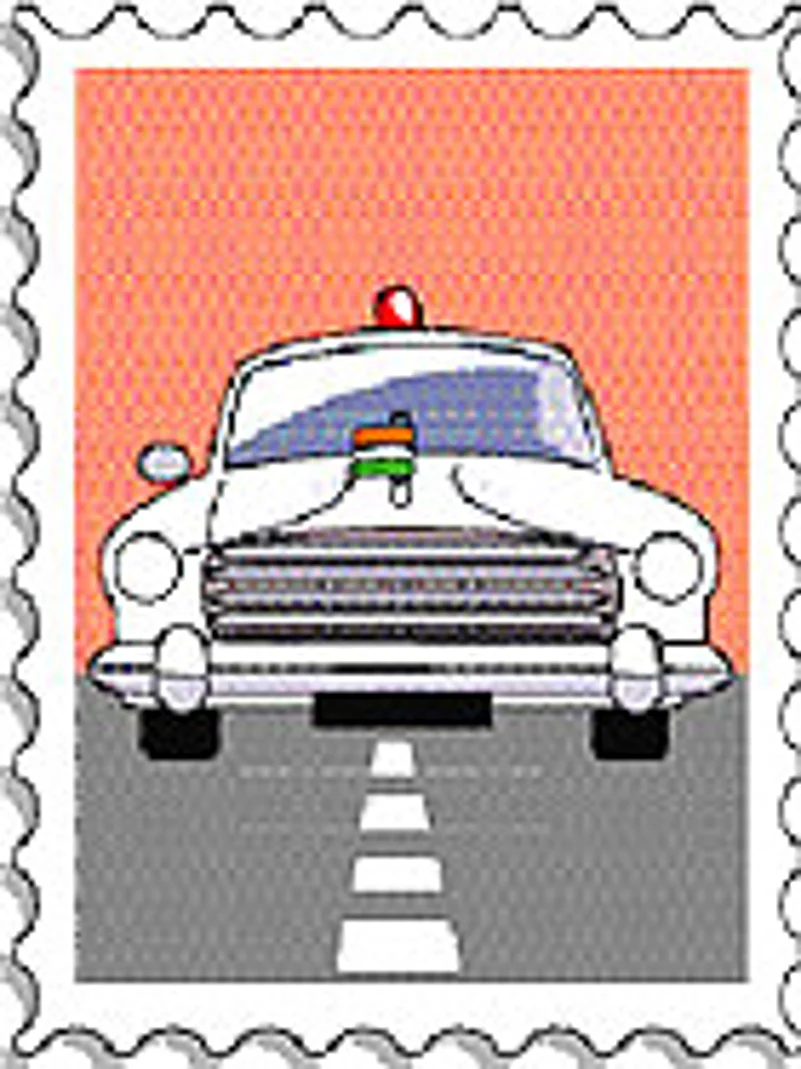
Raising the Bar
Among the many colourful characters I have met, Justice Markandey Katju must occupy a prominent place. To describe the judge merely as a ‘maverick’ would be an injustice to him. He is much more than a contrarian with an eye on the nine o’clock news. Judges in India are tight-lipped, staying within well-defined boundaries. Their verbal observations may occasionally break the rule, but they err on the side of caution. Katju has broken this mould; he is fast becoming a national treasure. He has a view on everything under the cosmos, from Urdu poetry to Pakistan, from the IQ of the aam admi to the Renaissance. I suspect he must be a menace in the kitchen, probably instructing Mrs Katju on how to prepare dal properly!
This time the chairman of the Press Council has taken on the big boys, or to be precise, the big boy. In a signed article in The Hindu, he has compared Narendra Modi to Adolf Hitler and warned the country not to make such a man prime minister. Enter Arun Jaitley, who believes the judge has crossed the red line in taking on friend Modi. Yet the question Justice Katju raises will not so easily go away: is Modi ready to be PM? Make no mistake, that’s the real issue; not Katju’s selective criticism of non-Congress governments. It’s a question still unanswered. Many months before the 1996 election, L.K. Advani wisely ruled out contending for the top job because he recognised his candidature violated the idea of India.
I know that, in certain quarters, the idea of India has become a mocking phrase. We’re told that there are several ideas of India and only pseudo-secularists like me insist there is only one. Well, not just pseudo-secularists but most of the BJP leadership supports my contention. That is why we see a frantic search to find an Atal Behari Vajpayee-type figure to carry all sections of the population. I am certain as 2014 approaches efforts will be made to dress up Modi in Vajpayee’s clothes. Oh, coming back to Katju. Should he have said what he did? Of course not.
Swear Jars Needed
“A bloody shame that an otherwise fine journalist like Vinod Mehta pushes for restrictions on freedom of expression in the name of not offending sentiments of myriad groups in our county,” Kumar Rakesh from Chandigarh writes in. Despite Mr Rakesh’s rebuke, I stand by my story. Indeed, while I support the right to offend theory and agree that art, even any kind of meaningful journalism, would be impossible if causing offence becomes the rationale for censorship. The right to offend, like the right to free speech, has “reasonable restrictions”. If it was an absolute right, the Owaisis and Togadias would be able to spread their poison with constitutional sanction.
Certainly, we have the right to offend, but we have no right to offend with impunity. There is a Laxman-rekha when we exercise this right. Once we cross it, society is perfectly justified in putting reasonable restrictions on those who violate the principle. The difficulty arises with deciding who draws the Laxman-rekha and precisely where the lines are to be drawn. However, that does not invalidate my argument.
On the Last Pages
I recently visited some leading bookshops in South Delhi, signing copies of my Sanjay biography. It wasn’t a happy experience. Though The Sanjay Story was selling reasonably well, the tales of woe I heard at all the shops had me close to tears. Business was really bad. In the sluggish economy, people had stopped buying books. Many iconic bookshops had closed down. To make matters worse, internet retailers like Flipkart and Amazon were offering mighty discounts, up to 45 per cent on hardbacks, next day delivery and no advance payment.
A proprietor recounted confronting a customer who spent hours browsing in the shop but never made a single purchase. “Are you going to buy anything or just keep looking?” he asked. With disarming honesty, the person answered that he came to the shop only to check out new arrivals. The actual buying he did was on Flipkart!
Old Wines
People often ask me how the old generation of editors—of the ’60s and ’70s vintage—were different from those manning the barricades now. I’ll try and answer the question with an incident I witnessed last week. One of India’s most distinguished editors, now in his mid-’80s, stumbled and fell down not once but twice at a Valentine’s Day party, having perhaps consumed an extra glass of wine. He was made vertical by friends and dusted up. Ten minutes later, the fearless editor was on the dance floor jiving away. That’s the difference!
On a bitterly cold day last week, Editor slept for nearly 20 hours. Should I take him to the vet? Or is he just being lazy?
Vinod Mehta is editorial chairman, Outlook, and its founding editor-in-chief; E-mail your diarist: vmehta AT outlookindia.com




















